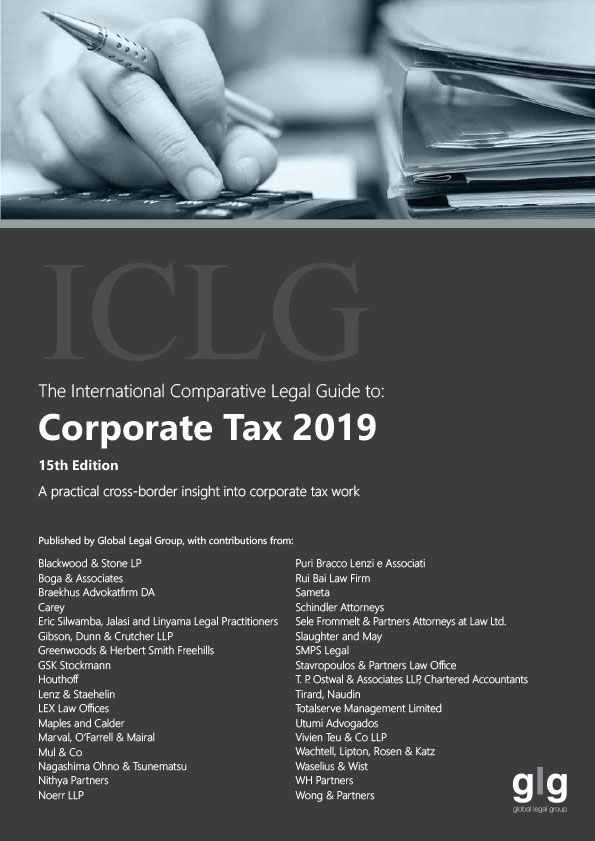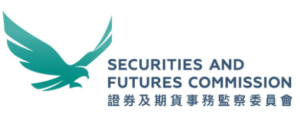香港立法會於2020年7月9日通過了新的法例,引入了香港有限合夥基金(LPF)制架構,為另類投資基金提供了一種新的香港基金類型,特別是針對私募股權基金,因其典型的架構為有限合夥制。
由2020年8月31日起,LPF架構可按《有限合夥基金條例》(LPFO)建立,申請人可根據LPFO的適用要求向香港公司註冊處申請設立LPF,確定擬議的地址、營業地點和投資範圍、擬議的普通合夥人和擬議的投資經理以及擬議的“負責人”,負責人必須是認可機構、持牌法團、會計或法律專業人士,來履行LPF的反洗黑錢/反恐融資職能。註冊LPF的申請必須由已註冊的香港律師事務所或可在香港執業的香港律師提交。如果公司註冊處接受申請書已包含必要的文件和信息及申請人已支付有關申請費,便可成功註冊LPF。
由於LPF本身不是獨立的法人,因此LPF的普通合夥人將代表LPF行事及行使職權。普通合夥人最終負責LPF的管理和控制,並對LPF的所有債項和義務承擔無限法律責任,但假如普通合夥人任命了授權代表,則普通合夥人和授權代表共同承擔連帶責任,並共同對LPF承擔最終義務。有限合夥人則只須承擔有限責任,對LPF的債項及義務所承擔的法律責任,並不超過該合夥人所協定注資的款額,前提是有限責任合夥人並不涉及參與該基金的管理。LPFO特別列出若干活動或行為,有限合夥人進行該等活動或行為不會被視為參與該基金的管理,例如參與涉及實際或潛在的利益衝突的決策,儘管所列出的活動或行為並非詳盡無遺地列出所有有限合夥人參與而不被視為參與基金管理的活動或行為。
牌照要求
值得注意的是,LPF與香港開放式基金型公司架構不同,LPF並不受香港主要的證券和期貨市場監管機構,即證券及期貨事務監察委員會(SFC)的(直接)監管,亦無需其事先批准。LPF必須具有合乎要求的普通合夥人和投資經理,以及上述“負責人”。投資經理必須是年滿18歲的香港居民、在香港註冊成立的香港公司或在香港註冊的非香港成立公司。普通合夥人可以屬其中任何一種類別,甚或是香港或非香港有限合夥。如果普通合夥人是香港或非香港有限合夥,該LPF必須擁有一位授權代表,該授權代表可以是18歲以上的香港居民,香港公司或香港註冊的非香港成立公司。另外,LPF必須任命一名獨立審計師對LPF的財務報表進行年度審計。
根據《香港證券及期貨條例》(SFO),從事與證券及期貨市場有關的受規管活動的業務須符合SFC的牌照要求。於2020年1月,SFC發出通函就本地受規管活動牌照要求該如何適用於私募股權基金經理提供指引及釋疑,並指出其將考慮投資組合的組成,若私募股權基金經理所管理的私募股權基金所成立的特定目的公司或所持有的投資屬於“證券”的定義,則可能觸發牌照要求。
任何人士或實體從事“私募股權”或“風險投資”投資組合的交易、提供意見或管理,視乎投資組合是否涉及證券,可能有潛在的牌照要求(注:“證券”的定義不包括《公司條例》第 11 條所指的私人公司的股票或債權證)。如果LPF的普通合夥人,投資經理或顧問在香港開展業務及從事有關不屬於《公司條例》所指的“私人公司”定義的離岸私人公司的股份或債券的交易、提供意見或管理,則很有可能須持有相關牌照,除非有特定豁免。
同時,在香港從事LPF募集業務的人士可能需獲得SFC發牌以進行第1類受規管活動(證券交易),除非有特定豁免。獲SFC發牌從事第9類受規管活動(提供資產管理)的香港管理人可依賴一項附帶豁免以銷售其基金,即其銷售基金的活動完全附帶於其資產管理業務而獲得豁免。
稅務優惠框架
本地規定並沒有限制香港管理人只能設立香港投資基金,SFO 也沒有在持牌人士從事受規管活動或證券銷售方面對本地基金和離岸基金進行區分。對於香港管理人來說,以有限合夥基金形式在開曼群島等離岸司法管轄區設立私募股權基金是很常見的,從稅收角度來看亦是較為有利及具靈活性。
自2019年4月1日起,香港實行新的利得稅豁免政策,所有投資基金無論其中央管理和控制的地點、架構、基金規模或投資目標如何,就特定資產的交易只要滿足一定條件均可享有稅務豁免。基金對海外和本地私人公司的投資均可享受免稅優惠。上述利得稅豁免要求合格的免稅交易是通過“指定人士”進行的或由“指定人士”安排的,指定人士是指根據SFO已獲發牌或註冊以進行指定受規管活動的法團,包括香港持牌基金經理。因此,自2019年4月起,新的利得稅豁免政策為私募股權基金在香港設立或管理提供了更有利和更具吸引力的稅務框架。
另一個關鍵問題是關於可能須繳香港利得稅或薪俸稅的LPF的業績表現費或附帶權益以及基金管理層報酬的稅收待遇。香港稅務局(IRD)過去曾多次重申,在香港運營的基金應確保就香港基金經理和/或顧問所承擔的風險和履行的職能向其支付真實公平的費用。此外,稅務局指出,如果在考慮了歸屬於基金在香港的運營的職能、資產和風險後認為香港投資經理或顧問所提供的服務沒有得到足夠的報酬,稅務局會仔細審視任何業績表現費或附帶利益的安排,並且如果所收到的分配並非真實的投資收益的話,可能會引用一般反避稅規定。
但是,隨著LPF制度將從2020年8月31日起生效,香港計畫為在本港運營的私募股權基金所分發的附帶權益提供稅務寬免優惠政策,並於稍後公佈有關細節。業界預計將會有針對私募股權基金經理的附帶權益提供的稅務寬免,以鼓勵私募股權基金管理人選擇在香港設立LPF,並在香港開展業務。
我們樂見香港推出LPF,為私募股權基金的發起人和管理人提供額外的架構選擇,這將鞏固香港作為資產管理中心在私募股權基金和投資領域的地位,並將進一步發展香港的基金管理行業。
有關設立香港有限合夥基金,請聯繫:
張慧雯律師(郵箱:vivien.teu@vteu.co) / 何琄律師(郵箱:sarah.he@vteu.co)



